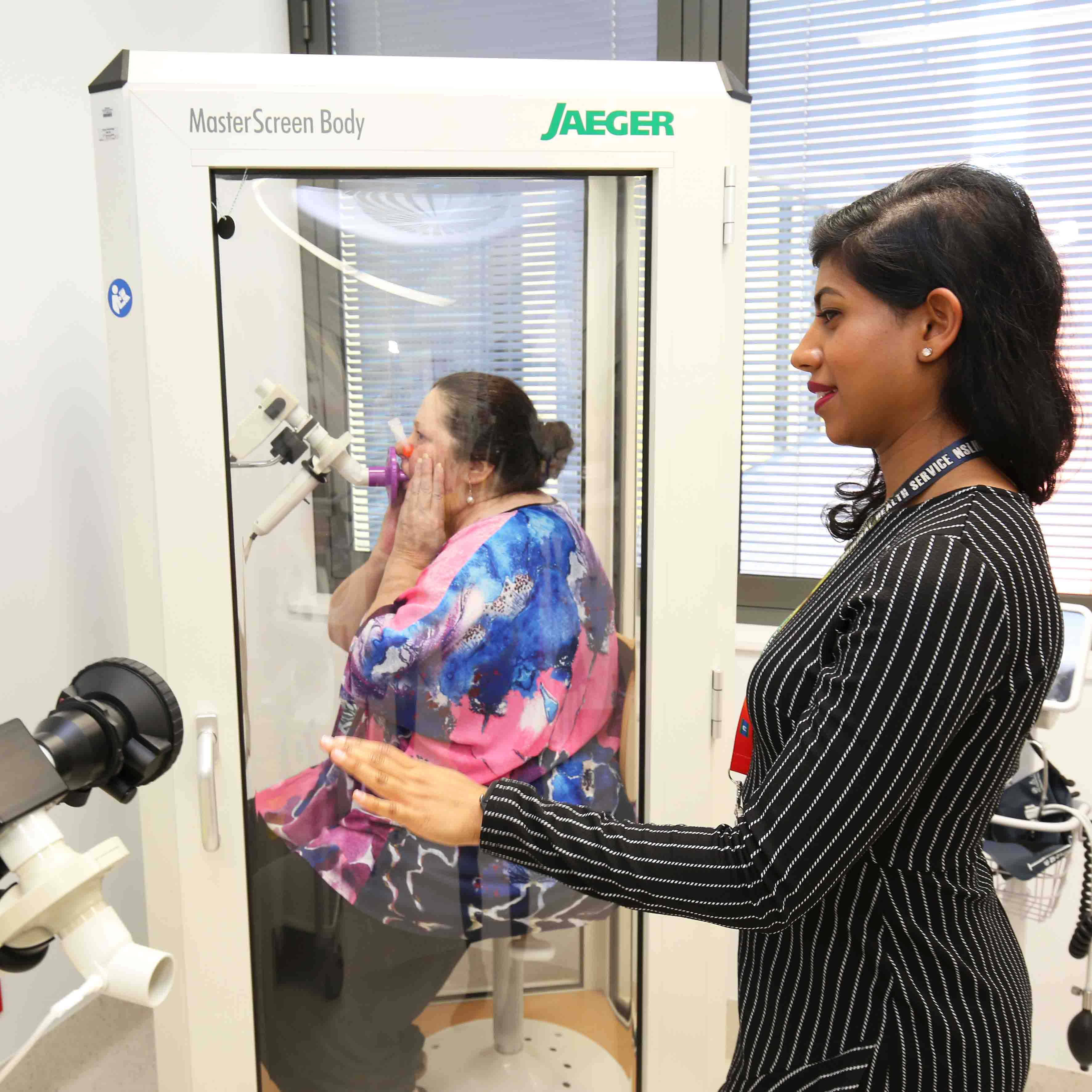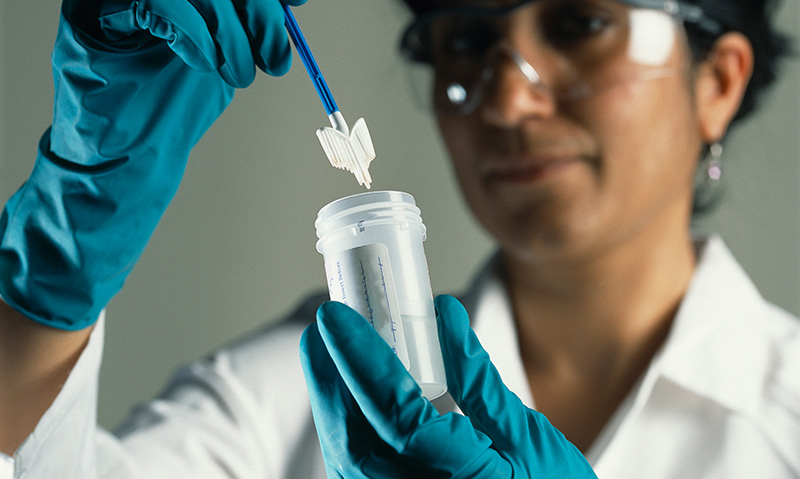

Medicines to treat symptoms, including antidotes to reverse the effects of a poisoning or overdoseĪ.D.A.M., Inc.Fluids through a vein (intravenous or IV).

ECG (electrocardiogram, or heart tracing).Defibrillation (electrical shock to the heart).Airway support, including oxygen, breathing tube through the mouth (intubation), and breathing machine (ventilator).Does the person use street or recreational drugs?ĭiagnostic tests and treatments that may be done include:.Was there any breathing difficulty before breathing stopped?.Has the person had a recent accident or injury?.Did the episode occur while awake or asleep?.Did the episode end with a sudden deep, snorting breath?.Has the person had repeated, brief episodes of apnea?.Questions will be asked about the person's medical history and symptoms, including: Once the person is stable, the health care provider will do a physical exam, which includes listening to heart sounds and breath sounds. Injury to the chest wall, heart, or lungsĬPR or other emergency measures will be done in an emergency room or by an ambulance emergency medical technician (EMT) or paramedic.Stroke and other brain and nervous system (neurological) disorders.Metabolic (body chemical, mineral, and acid-base) disorders.Head injury or injury to the neck, mouth, and larynx (voice box).Drug overdose, especially due to alcohol, narcotic painkillers, barbiturates, anesthetics, and other depressants.Allergic reaction that causes tongue, throat, or other airway swelling.Meningitis (inflammation and infection of the tissue lining the brain and spinal cord)Ĭommon causes of breathing trouble (dyspnea) in adults include:.Encephalitis (brain inflammation and infection that affects vital brain functions).Bronchiolitis (inflammation and narrowing of the smaller breathing structures in the lungs).In most cases, the most common causes of apnea in infants and small children are different from the most common causes in adults.Ĭommon causes of breathing difficulties in infants and young children include: Breathing difficulty can occur for many reasons.


 0 kommentar(er)
0 kommentar(er)
